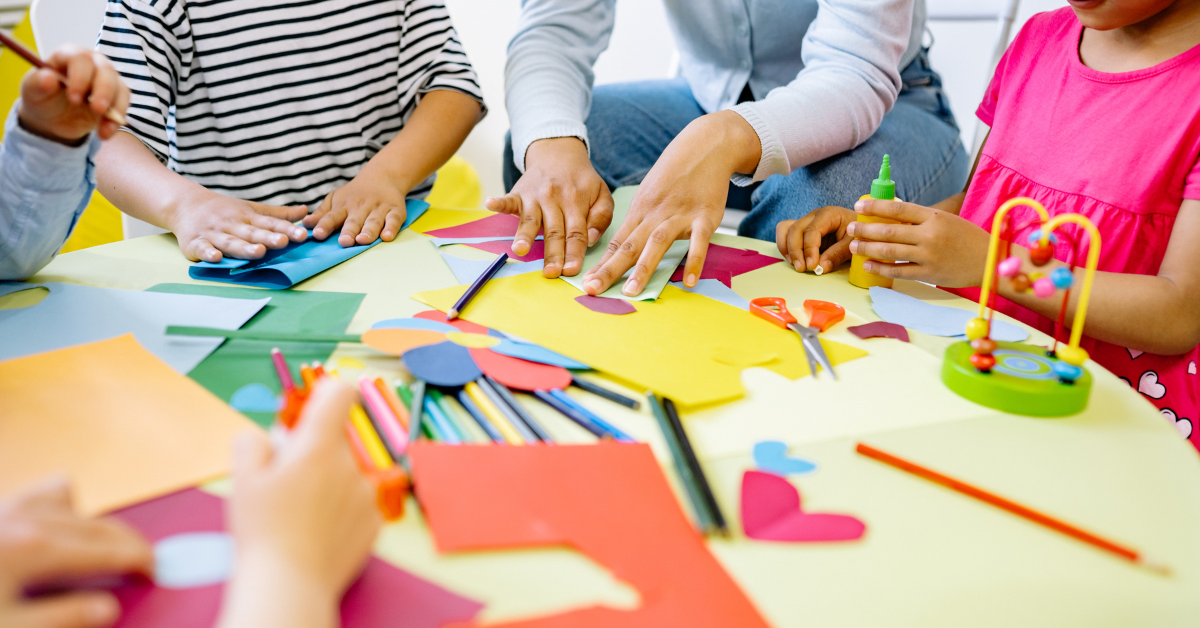Starting kindergarten marks a significant milestone in your child’s life. It’s an exciting transition as they take their first steps into formal education. However, it’s normal for both parents and children to feel a mixture of excitement, anticipation, and a touch of anxiety. With a few practical tips, you can help your child (and yourself) make a successful leap into this new journey.
Preparing Your Child for Kindergarten
- Boosting Independence
Kindergarten is a big step towards independence. Simple tasks such as using the bathroom, washing hands, opening lunch boxes, and putting on shoes can be practiced at home to boost your child’s self-confidence and independence.
- Familiarizing with The New Routine
Visit the school together, meet the teacher, explore the playground, and if possible, spend time in the new classroom. Familiarity can alleviate a lot of the first-day jitters.
- Encouraging Social Skills
Kindergarten is as much about learning social skills as it is about academic learning. Arrange playdates with future classmates and teach your child to share, take turns, and use words to express feelings.
First Day of Kindergarten: Tips for a Smooth Transition
- Creating a Morning Routine
A predictable routine helps children feel secure and confident. Discuss the new morning routine with your child and stick to it, ensuring you leave plenty of time to get ready without rushing.
- Saying Goodbye Positively
It’s completely normal for children (and parents) to feel emotional on the first day of kindergarten. Keep your goodbye short, sweet, and positive. The Child Mind Institute suggests a loving, reassuring goodbye coupled with the promise of return can be most effective.
Supporting Learning at Home
- Reading Together
One of the most valuable things you can do to foster your child’s academic development is reading together. This helps expand vocabulary, improve listening skills, and boost imagination.
- Nurturing Curiosity
Encourage your child’s natural curiosity and love of learning. Use their interests as a springboard for exploring and learning about the world around them.
- Regular Communication with the Teacher
Stay in touch with your child’s teacher. Regular communication allows you to understand your child’s progress, address any issues promptly, and find ways to support learning at home.
For Parents: How to Handle This Transition
- Trust Your Child and Their Teacher
Trust your child’s ability to cope and the teacher’s expertise to handle any issues that arise. Your confidence in them will boost your child’s confidence in themselves.
- Join the Parent-Teacher Association
Joining the Parent-Teacher Association (PTA) or similar parent groups at your child’s school can be a great way to stay involved and informed about school activities and initiatives.
Starting kindergarten is a significant step for parents and children alike. Remember, it’s okay if the transition isn’t smooth every day. The goal is not perfection, but growth and learning. With these tips, parents can ensure that their children embark on this new adventure with confidence and enthusiasm.

